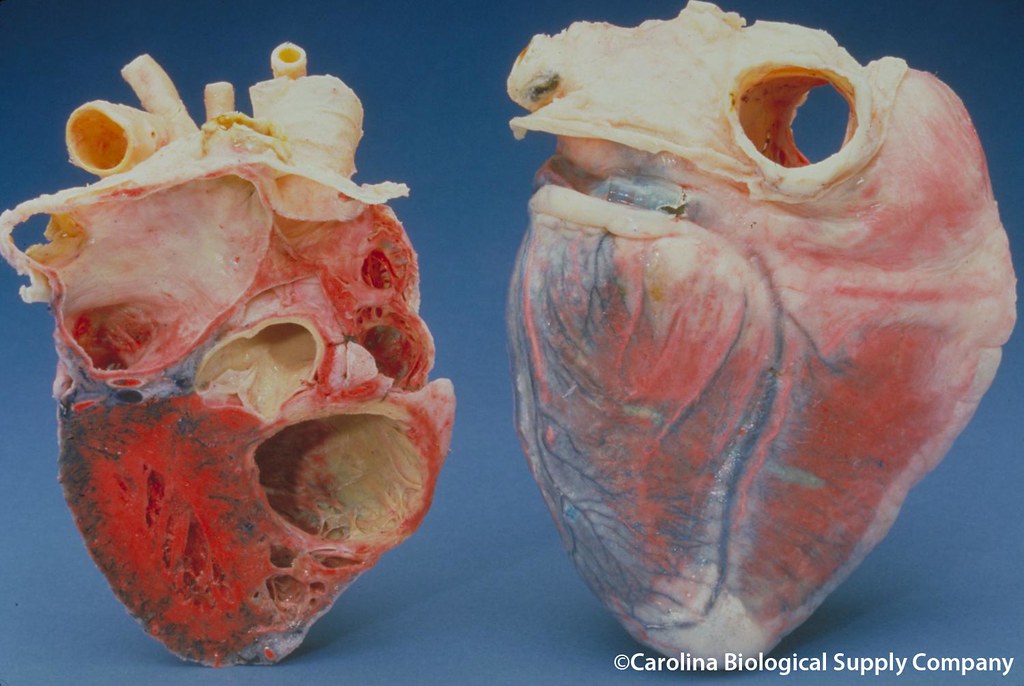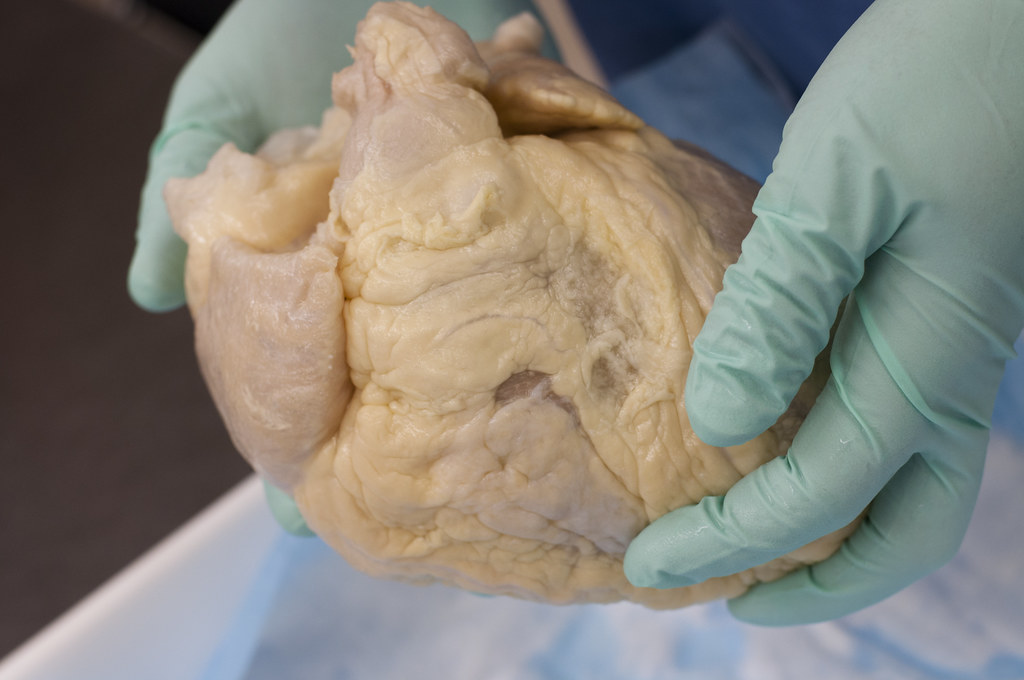

Heart attacks are life-threatening emergencies that require immediate action. Understanding First Aid in the Case of a Heart Attack can significantly improve a person’s chances of survival. Early recognition of symptoms, quick administration of aspirin, and knowing how to perform CPR can make all the difference. This article outlines the essential steps to take when someone is experiencing a heart attack, including calling emergency services and providing care while awaiting professional help.
1. Recognizing the Signs of a Heart Attack
Before administering first aid, it’s important to recognize the symptoms of a heart attack, which include:
- Chest pain or discomfort: A feeling of pressure, tightness, or squeezing in the center of the chest, often spreading to the arms, neck, jaw, or back.
- Shortness of breath: Labored breathing, even when not active.
- Cold sweat: A sudden, clammy sweat often accompanies the other symptoms.
- Nausea or lightheadedness: Some may feel nauseous or dizzy.
- Fatigue: A feeling of exhaustion or weakness without obvious cause.
If you or someone around you shows any of these signs, take immediate action.
2. Call Emergency Services Immediately
The most important first step in dealing with a suspected heart attack is calling for medical help:
- Dial emergency services (e.g., 911 in the U.S., 999 in the U.K.) immediately. Time is critical, and professional medical intervention is necessary to restore blood flow to the heart.
- Do not delay by waiting to see if symptoms will improve. Many heart attacks get progressively worse.
3. Stay Calm and Reassure the Patient
- Keep the person calm: Anxiety increases the heart’s workload, so reassure the patient and encourage them to stay still.
- Loosen tight clothing: Loosen any restrictive clothing around the neck or waist to aid breathing and comfort.
- Positioning: Have the person sit down in a semi-reclined position (half-sitting) with their back supported and knees bent. This can ease pressure on the heart.
4. Administer Aspirin
Aspirin can help thin the blood and improve blood flow during a heart attack:
- Chewable aspirin: If available, offer the patient a full-strength aspirin (300 mg), and have them chew it. Chewing speeds up absorption.
- Make sure there are no allergies: Ensure the patient is not allergic to aspirin before administering it.
5. Administer Nitroglycerin (if prescribed)
If the person has been previously prescribed nitroglycerin (usually those with a history of heart disease), follow these steps:
- Follow dosage instructions: Administer nitroglycerin as prescribed, typically under the tongue.
- Do not give nitroglycerin unless it has been prescribed for the patient. It can cause a sudden drop in blood pressure if used incorrectly.
6. Perform CPR if Necessary
If the patient becomes unconscious and stops breathing, cardiopulmonary resuscitation (CPR) may be necessary:
- Check for a pulse and breathing: If the person isn’t breathing or doesn’t have a pulse, begin CPR.
- Begin chest compressions: Push hard and fast in the center of the chest at a rate of about 100-120 compressions per minute. Make sure to let the chest return to the original position completely after each compression.
- Use an Automated External Defibrillator (AED) if available: AEDs can help restart the heart. Follow the machine’s instructions.
7. Continue Monitoring
- Stay with the person: Monitor their condition until emergency services arrive.
- Watch for changes: If the person becomes unresponsive, be prepared to start CPR.
Important Points and Disclaimer
- Immediate medical attention is critical: Never attempt to drive someone having a heart attack to the hospital unless no other option is available.
- First aid is not a substitute for professional medical care: Even if symptoms improve, a heart attack requires proper medical treatment and evaluation.
Conclusion
Knowing the essentials of First Aid in the Case of a Heart Attack can help save lives. From recognizing early warning signs to administering aspirin or CPR, acting quickly can make a significant difference. The more prepared you are, the better you can assist someone in need during these critical moments.

























